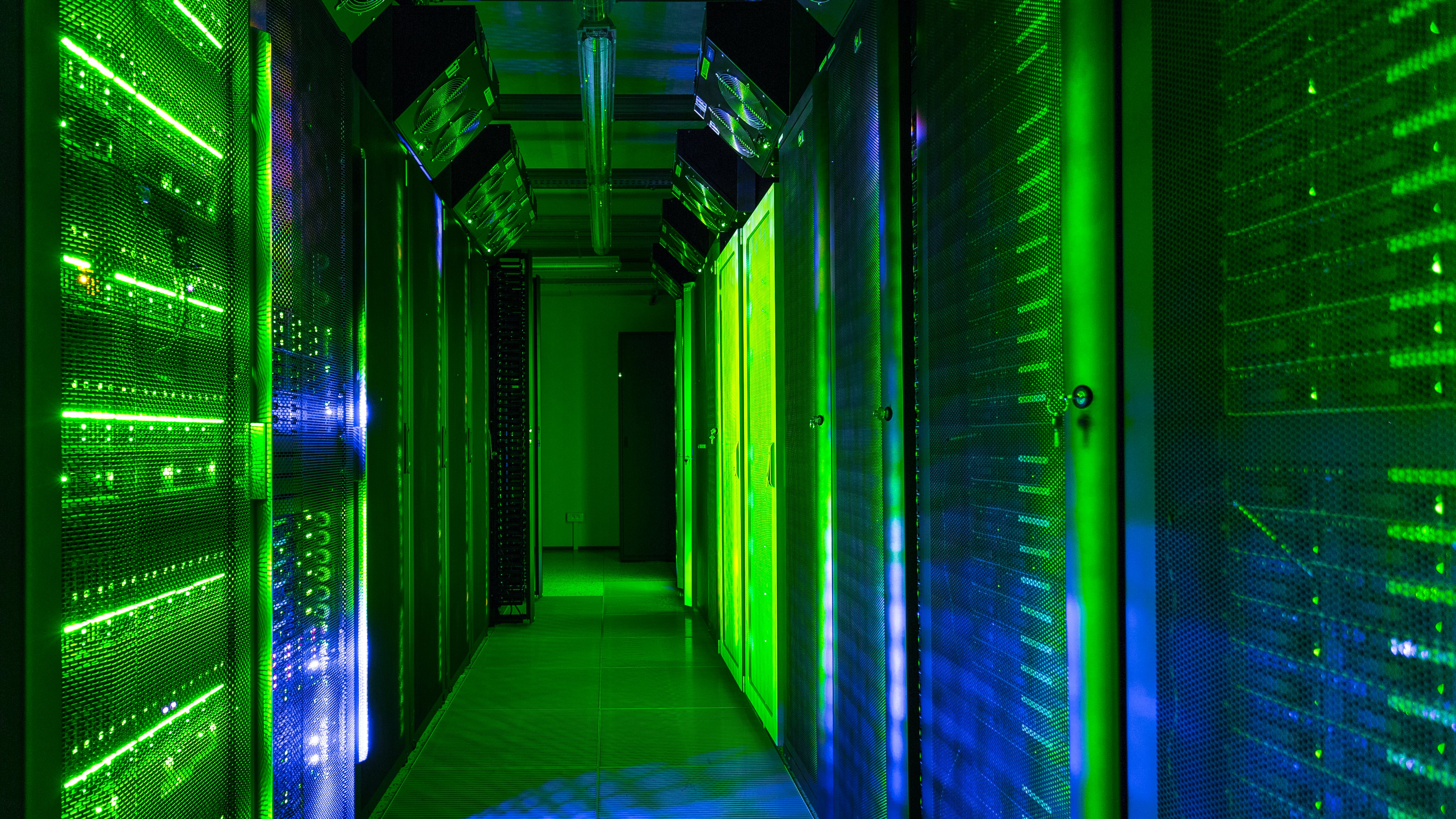
Artificial intelligence (AI), quantum computing, electric cars and heat pumps are the biggest constraints on the United Kingdom’s National Grid, according to its chief executive, John Pettigrew, who also called for ‘bold action’ if the grid is to remain fit for purpose.
In a speech shared on LinkedIn on March 26 (via BBC News), Pettigrew warned that ‘foundational technologies [...] will mean larger scale, energy-intensive computing infrastructure’ to cope with a six-fold increase in demand.
To highlight the situation’s urgency, he highlighted that the last major reforms to the National Grid began in the 1950s, and that ‘innovative thinking’ would be required ‘to create a transmission network for tomorrow’s future’.
Our reliance on data center services
While AI tool use is on the rise thanks to Microsoft’s $10 million investment in OpenAI catapulting tools like ChatGPT (nestled into Microsoft 365 Copilot) into the mainstream, most of us understand data centers to be at the center of cloud storage services offered by tech companies like Microsoft, Google, or Amazon, that are an easy means to store and backup our data.
Cloud backups are also a key driver of data center expansion, and, to be honest, TechRadar Pro isn’t helping matters by using initiatives like World Backup Day to promote them.
Pragmatically and depressingly, data centers might be here to stay, which is in itself a huge problem. BBC News reported in 2023 that data center’s electricity use in the Republic of Ireland (a convenient European Union base for large, typically American tech companies) has risen 400% since 2015.
Another study that BBC News covered in October 2023 found that, by 2027 (decidedly less than a decade away, time fans), the AI industry could consume as much energy as a country the size of the Netherlands.
It’s true that AI and quantum computing are still all together very niche areas with much more justifiable applications in science than they do the meaningless spreadsheet you’re staring at now, but I can’t see this issue abating. Tech companies are desperate to sell new, shiny, useless things to their large consumer bases, and so are amazing at re-inventing solutions for problems they’ve dragged back into existence.
Big Tech expansion, through capitalistic rather than altruistic intent, will be the thing that forces the National Grid, if not the world, to reform infrastructure. As this story demonstrates, an accommodation of this new world by necessity is something that we’re already starting to see.







